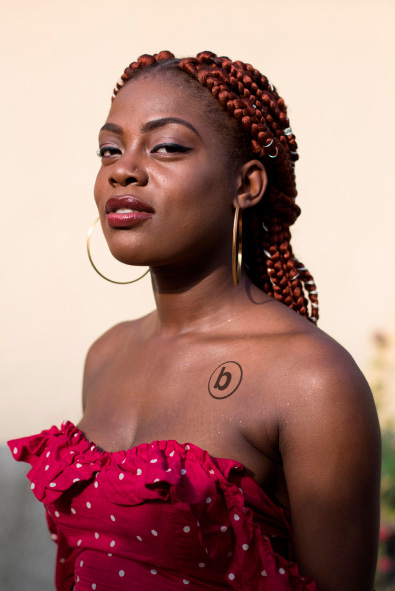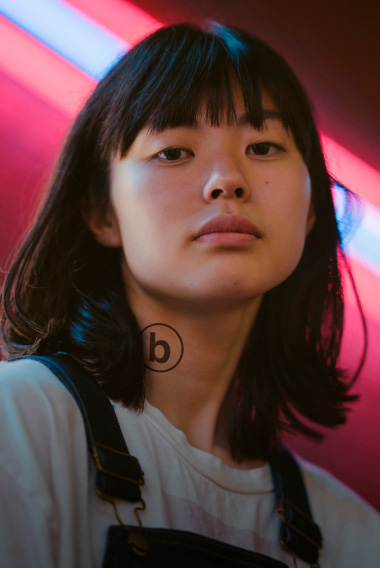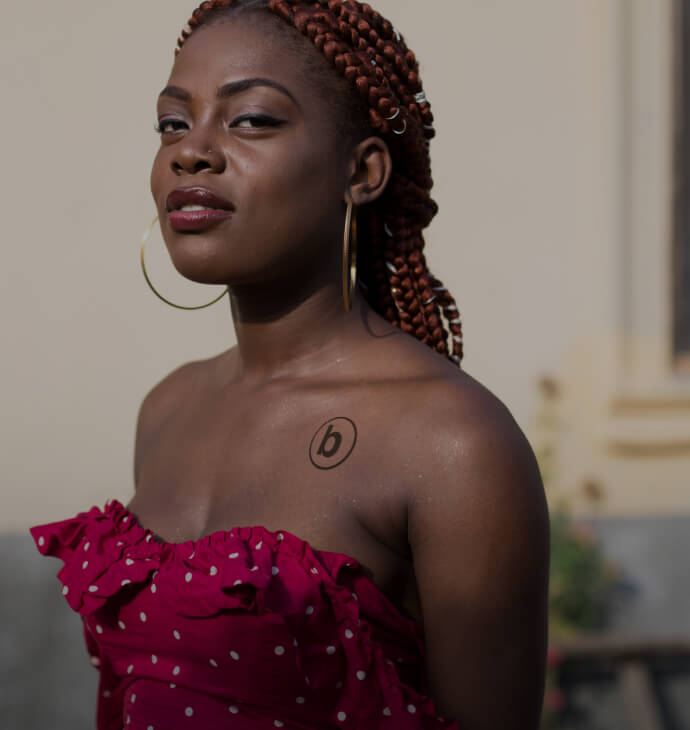I was 15 when I met this guy on Instagram. He was 21. We talked to each other over the phone and through Instagram. It was my first time ever talking to a guy in my life. I trusted and loved him.
He asked me to send him a photo of myself. I did. There was nothing wrong with my photo at all; it was a regular one. Later, he asked me to send him a naked video of myself. He said if I didn’t, he would share my photo with everyone in our village. In my conservative community, females cover their heads. A girl walking down the street with a guy is culturally inappropriate and unacceptable. You absolutely do not send photos to a guy who is considered a stranger to the family. I was so afraid, because I love my family and my family loves me. I was anxious and tense. I knew my parents would lose trust and faith in me.
“He asked me to take off my clothes. I did not realize he was recording it.”
Instead of sending him a naked video, we did a video call. He asked me to take off my clothes. I did not realize he was recording it. Sometime later, he asked me to go out with him in his car. If he was sincere about his love for me, he would not ask me out because it could destroy my reputation. When I refused, he said he would share my topless video. I was terrified of him.
He went to a cafeteria and shared the video with two friends via Bluetooth. Others in the cafeteria received the video and started sharing it, too. Eventually, his friend shared it with my uncle, who showed it to my parents. My father was extremely angry and told me I could never leave the house, not even for school.
I attempted suicide. I brought shame to my family and had failed them. I lost all my friends and nobody stood beside me. Eventually, my parents supported me. I asked them to take me to the police to file a report. The police took me to a UNFPA safe space, where the lawyer, social worker and director general were very supportive. The psychosocial support was tremendous, and I was surrounded by so much care.





